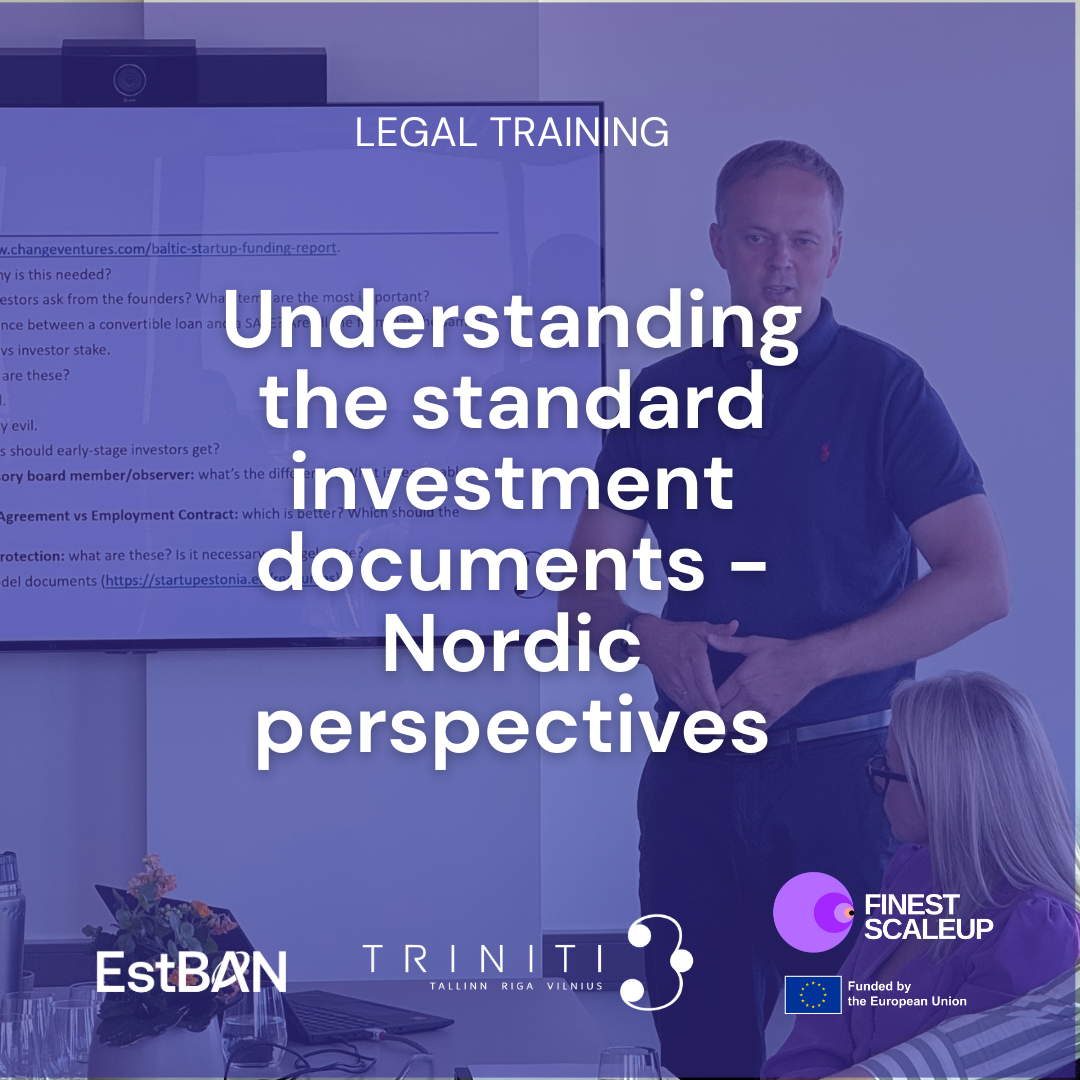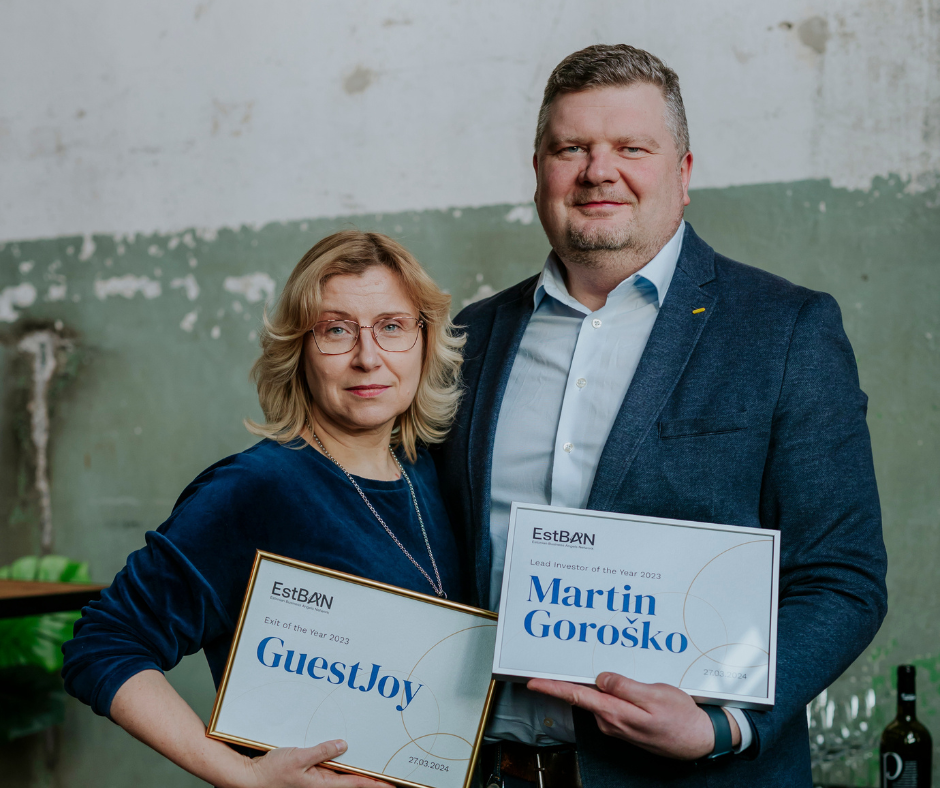By Paavo Siimann, EstBAN member, investor, lecturer and mentor
A recent EstBAN organized study trip within the Connect2Scale project to Malta provided a solid overview of the local startup ecosystem, which in recent years has gained attention in Europe. The small Mediterranean country’s strategic location, active government support, and accessible funding options create a favourable environment for both entrepreneurs and investors. Below are some examples of different components of Malta’s startup ecosystem.
Malta Enterprise
The national agency Malta Enterprise focuses on forward-looking sectors such as digital innovation, education, healthcare, infrastructure development, and sustainability. One notable initiative is the Start-Up Finance program, which can offer support ranging from €300,000 to €1.5 million per company, depending on the sector and region. While this is a repayable grant, the terms are flexible – repayment can be made gradually from profit with low interest rates.
Malta Venture Capital Fund
The Malta Venture Capital Fund also stands out. Managed by Malta Government Investments, this state-run €10 million venture capital fund provides equity investments of up to €500,000 per startup. However, private co-investment is required. The fund prioritises sectors such as fintech, artificial intelligence, e-sports, renewable energy, and medical technology.
DiHubMT – European Digital Innovation Hub
Digital innovation is supported by DiHubMT – the Digital Innovation Hub Malta – which is part of the European network of digital innovation hubs. DiHubMT gives companies the opportunity to test advanced technologies such as AI, cybersecurity, and robotics before investing in them. It also supports the development of digital skills by offering training and workshops to both local and international companies.
SuperCharger Ventures for ed-tech
Startups looking to grow internationally can benefit from the SuperCharger Ventures accelerator programme, which is primarily targeted at edtech companies. The programme lasts 12 weeks, is equity-free, and covers accommodation and travel costs. In addition, participants can apply for up to €500,000 in non-repayable funding.
To conclude: why Malta?
For Estonian startups, establishing a subsidiary in Malta may be worth considering due to the country’s favourable conditions for international expansion and access to EU and Mediterranean markets. Local support schemes and regulations can offer a competitive advantage.
As an investor, it was encouraging to see how clearly Malta supports business growth. Although the local market is small, this is balanced by a government strategy aimed at facilitating international scaling. Malta could offer useful opportunities for Estonian investors and startups looking to expand or collaborate at the forefront of European and Mediterranean innovation.
Until then, Malta! 🇲🇹👋




